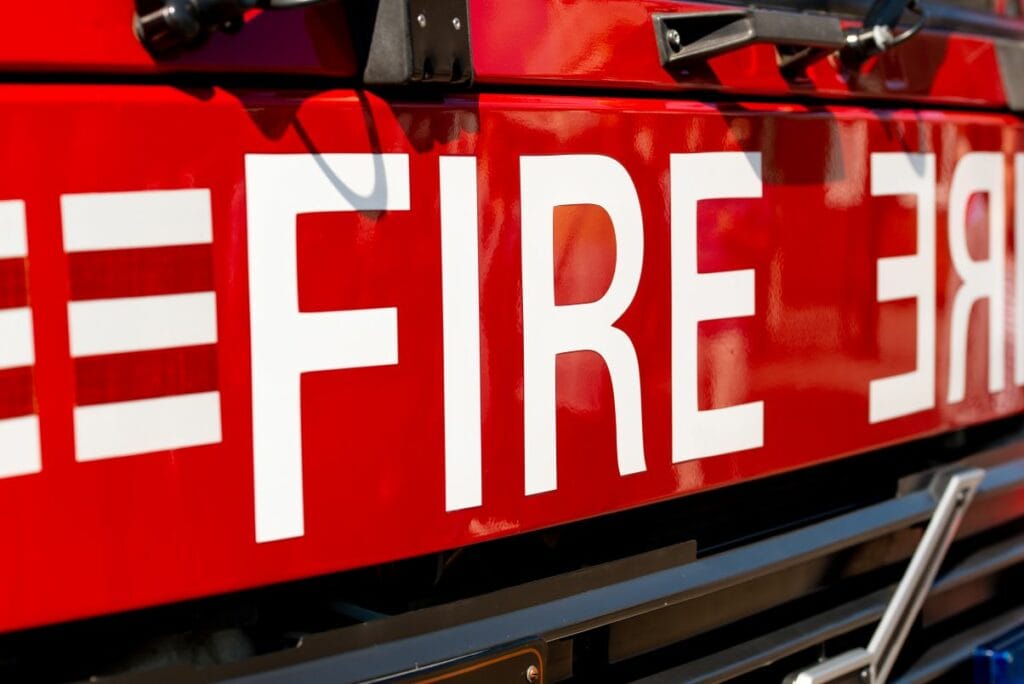
There are over 100 fewer firefighters in Cumbria than a decade ago, figures show, as the Fire Brigades Union accuses the Government of complacency over cuts to services in the face of climate change.
With early weather reports predicting further hot weather in August, the FBU warns that the fire and rescue service across England is unlikely to be able to cope with wildfires like those seen during the historic hot spell this month.
The latest available Home Office figures show there were the equivalent of 511 full-time firefighters at the Cumbria Fire and Rescue Service as of the end of March last year – 227 wholetime and 283 on-call.
Though this was up from 485 a year before, it was fewer than 627 in 2011 – a fall of 19 per cent over a decade.
Using the latest fire service area population estimates for 2020, it means the rate of firefighters per capita in Cumbria has fallen from around 12.5 per 10,000 people to 10.2 over this period – although this is the highest rate in England.
The Home Office figures show that 2,431 men and women joined the national fire service in 2020-21 – down from 2,845 in the previous financial year.
However, in Cumbria, the number of joiners rose from 54 to 62 over this time.
The FBU said the Government and chief fire officers have decimated the service nationally, with almost 10,000 fewer firefighters across England last year than a decade previously.
Riccardo la Torre, FBU national officer, said: “That is outrageous complacency in the face of rapidly rising temperatures.
“Fire and rescue services should plan and prepare for foreseeable risk, yet it is clear they are not doing that.”
He said the wildfires caused by record temperatures this month should have been a wake-up call for the Government, but there have been no major funding announcements.
And long-range weather forecasters WX Charts are predicting another heatwave in August, with temperatures across much of England estimated to reach 30C.
Mr la Torre added: “Put simply, further heatwaves will result in more wildfires, and the fire and rescue service is unlikely to be able to cope.
“Firefighters face a climate emergency at work and a cost-of-living crisis at home.”
He said the recent two per cent pay offer – which the FBU says equates to a real terms pay cut of around seven per cent over the last year – was evidence of the Government treating firefighters in a disgusting manner.
A Home Office spokeswoman said: “The Government is committed to ensuring fire services have the resources they need to keep us safe, including from wildfires, and overall fire and rescue authorities will receive around £2.5 billion in 2022-23.”








